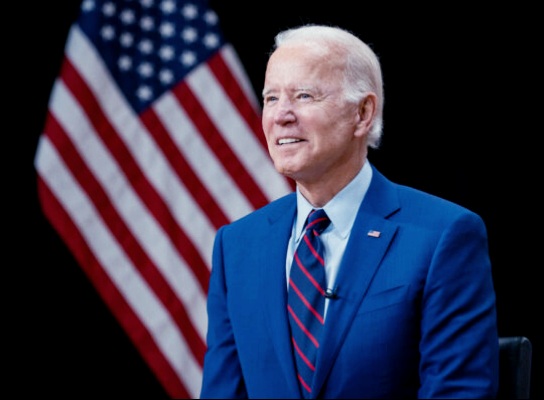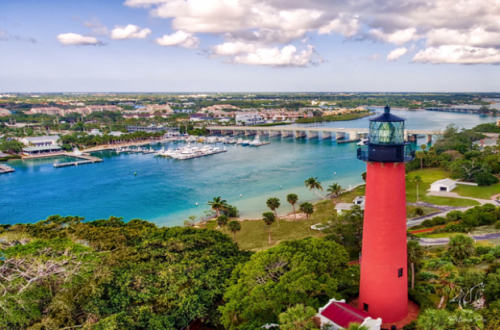On March 8, President Biden granted Temporary Protected Status to Venezuelan refugees in the United States. The order now protects over 320,000 Venezuelans from the threat of deportation and includes a pathway to gain work authorization.
To be eligible, Venezuelans will undergo a background check and must provide proof that they resided in the United States before March 8, 2021. Temporary Protected Status will last for 18 months, and the administration has hinted that it may be extended at a later date. Venezuelans seeking to apply for the program will need to pay a $50 application fee, an $85 biometrics fee, and an additional $410 if they seek to obtain authorization to work in the United States.
Venezuela has been in a state of emergency for the past decade as rampant food shortages, hyperinflation, and sanctions on its key oil industry have crippled the economy and led to widespread poverty. Venezuelan dictator Nicolás Maduro’s failures in office have compounded into one of the greatest displacement crises in the world, as the United Nations reports over 5.4 million Venezuelans have fled the country in recent years.
An estimated 421,000 Venezuelans live in the United States, with over 52% residing in Florida.
A bipartisan group of Florida elected officials has advocated in recent years for extending Temporary Protected Status to Venezuelans; news of the decision was celebrated by the Venezuelan community and greater Hispanic population in Florida and around the country.
Former President Donald Trump laid the groundwork for TPS earlier this year when he signed an executive order granting Deferred Enforced Departure for Venezuelan nationals on the last night of his term. This came in stark contrast to the former president’s hardline immigration policies, which included an annual refugee ceiling that was 84% lower than during the final year of President Barack Obama’s term. By the end of 2019, 24,451 Venezuelan refugees were in court facing deportation.
The previous administration’s reversal of their Venezuela policy suggested an underlying long-term political calculus aimed at strengthening Venezuelan support for Republican candidates in Florida. During the 2020 Presidential Election, the Venezuelan electorate shifted an astonishing 41% toward Trump, reminiscent of the right-ward shift seen throughout other Hispanic populations in the state, especially among Cubans.
Hispanic voters’ preference for Republican candidates in 2020 played a crucial role in Trump’s victory in the state, as the Hispanic vote in Florida accounts for 17% of the total electorate.
Aside from implementing Temporary Protected Status, the Biden administration has vowed to consider imposing further sanctions on the Venezuelan government led by Maduro, whose legitimacy has been under dispute since the country’s constitutional crisis in 2019.
Following the contested 2018 election, Maduro’s opponent, presidential candidate Juan Guaidó, declared himself acting president and called into question the legitimacy of the election results after Maduro claimed he had won. At the time, the United States and over 50 countries, including the European Union, observed Guaidó as interim president and called on Maduro to resign.
In recent months, international support for Guaidó has waned, failing to drive Maduro from power.
Featured image: President Joe Biden. Public domain image by The White House.
Check out other recent articles from the Florida Political Review here.





